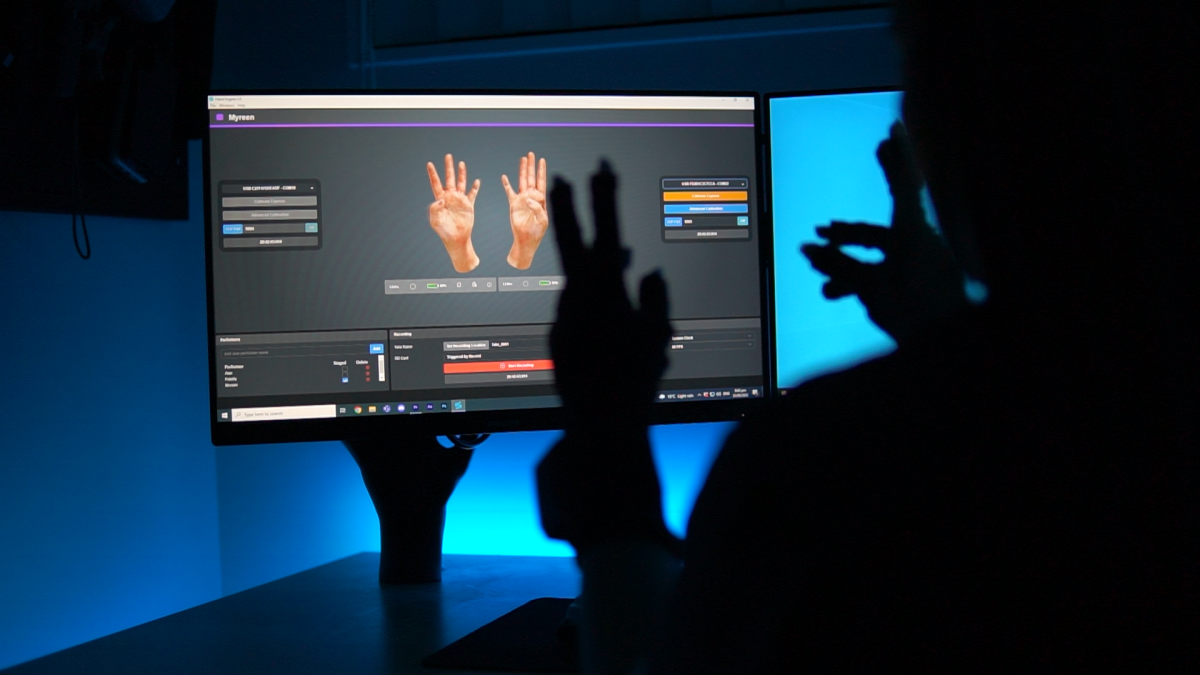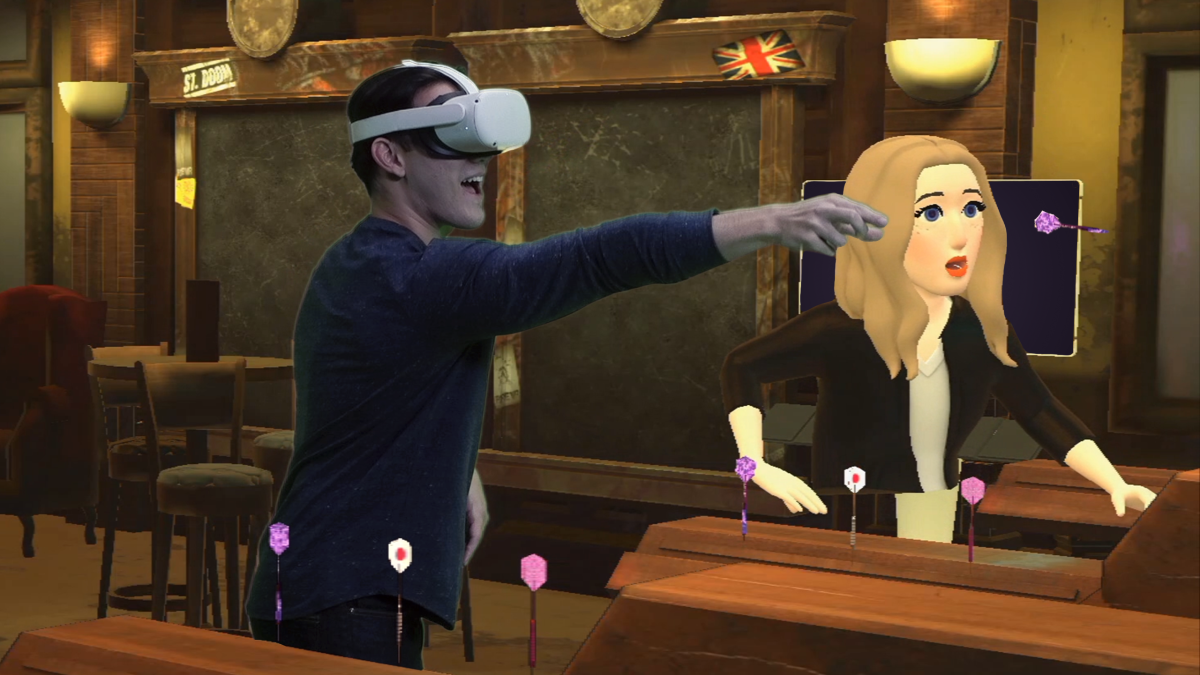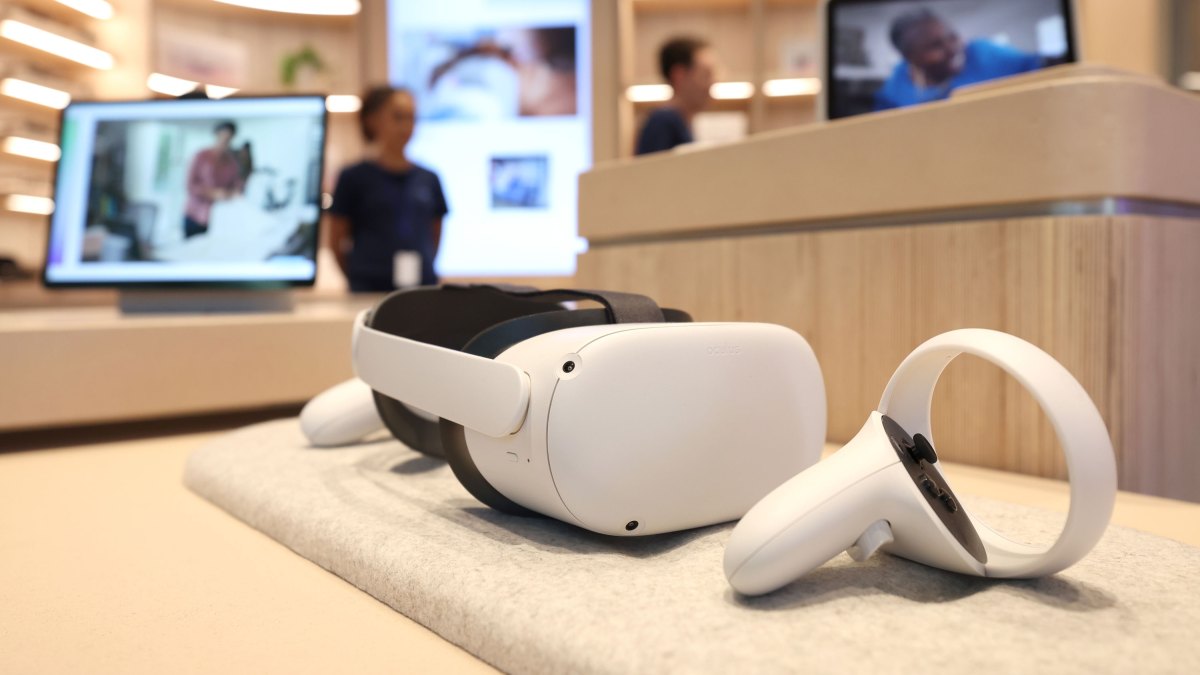StretchSense built an actually comfortable hand-motion capture glove • ZebethMedia
New Zealand-based StretchSense, a maker of hand motion capture technology, believes virtual and augmented reality are going to replace the smartphone as the dominant way we interact with digital worlds and each other. And when that happens, we’ll need natural ways be immersed in those spaces, which means being able to touch and control virtual stuff with your hands. The startup has built a glove that captures the intricate motions of human hands, along with the software that then translates those movements into an animation. Currently, StretchSense’s tech is used by more than 200 gaming and visual effects studios worldwide to create realistic hand gestures for everything from sign language videos to cinematic fight scenes to virtual health and safety training. In fact, it was recently used to make Snoop Dogg’s ‘Crip Ya Enthusiasm‘ music video. Benjamin O’Brien, co-founder and CEO of StretchSense, told ZebethMedia he thinks StretchSense can “be the future of human machine interface for virtual worlds by building garments, not devices.” StretchSenses’s glove is made using the startup’s proprietary stretchable sensor technology that precisely measures the human form. Before it’s been sewn into the glove, the stretchy material looks and feels like elastic rubber with some light black lines running through. Those black lines are referred to as a stretchable capacitor — a capacitor is the same type of sensor used on the screens of smartphones to measure the amount of energy the screen is storing based on where you put your finger down, which is how it works out what you’re touching. In StretchSense’s case, when the material stretches with hand movements, the amount of energy it can store increases. “If you can measure the amount of energy that this can store, you can then work out its geometry very, very, very accurately,” said O’Brien. I tried the glove on myself during a demo in Auckland and can admit that it was indeed a comfortable fit, which O’Brien says isn’t always a given in the hand motion capture world. “The really core advantage is that we actually make garments, not devices. And by that we mean we make garments that are comfortable to wear, that don’t interfere with movement, that don’t break easily, and don’t have hard, lumpy bits of plastic,” said O’Brien. “And so the way we were able to beat out the competition in the motion capture space, if you look at any competitive product, it’s got all these lumpy bits of plastic all over and interferes moving the hand, it breaks easily. And it’s based on technology that just doesn’t naturally conform to the body.” StretchSense closed a $7.6 million Series A investment Thursday, led by Scotland-based Par Equity with participation by existing StretchSense investors GD1, the NZ-based venture capital firm, and Scottish Enterprise, Scotland’s national economic development agency. The startup intends to use the funds to grow out its center of excellence in Edinburgh which is focused on AI and spatial computing and will work on machine learning problems to constantly improve the product — things like making a finer and more accurate capture of details, lowering the threshold of the uncanny valley in animations, and transitioning from a 2D screen to a 3D virtual world. The startup is also working on developing a haptic glove which it will launch into VR training next that will stimulate both touch and motion in virtual worlds. “We want to be the future of how people control and influence and touch virtual worlds, but you have to ground that in realistic business models,” said O’Brien. “And so realistic business model number one was content creation for gaming and movie studios. Number two for us would be VR training. And that’s all about solving the retraining crisis where you have people with shorter and shorter careers, but the complexity of those jobs is increasing. So you’ve got this issue where you actually need to be able to train people really quickly and often in time-critical, safety critical situations where there’s money or lives at stake.” Once StretchSense has built a viable business in the VR training sense, the startup hopes to use a next iteration of that tech to move into the VR gaming and experience space. “We want to create tools that the creators of the metaverse will use to build amazing virtual spaces and experiences,” said O’Brien.





